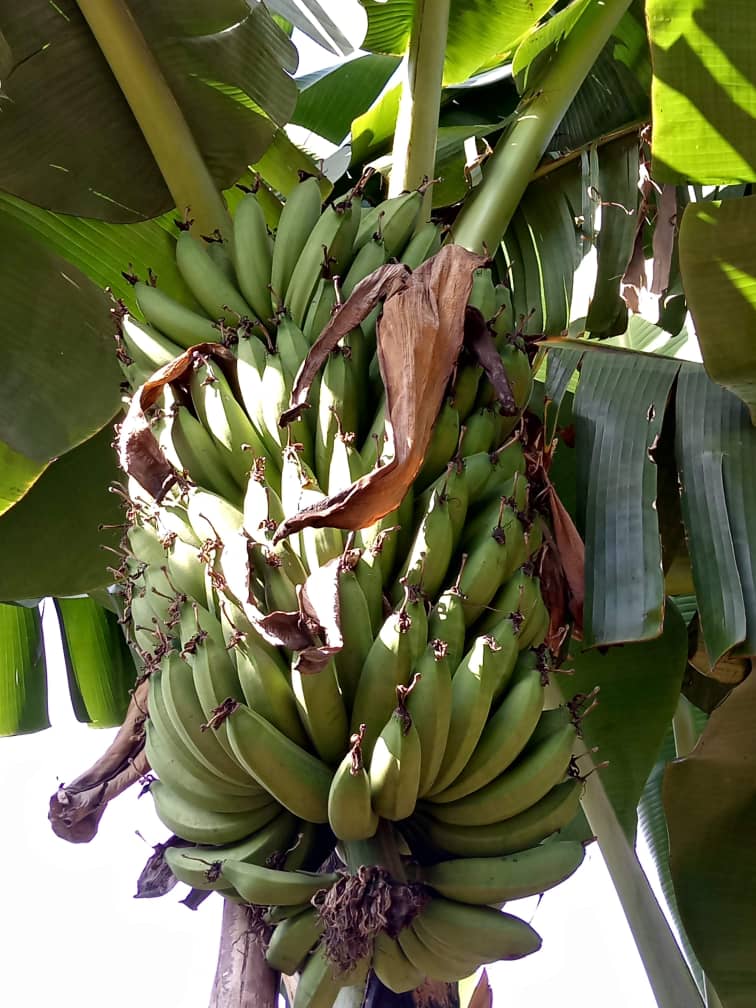Why corporates are leaving their plush offices to join farming
Not so long ago, a number of youth and corporates perceived agriculture as a profession of intense labour, not profitable and unable to support their livelihoods. This is however now changing and changing fast.
A number of corporates now spend their days-off and weekends in their farms, clad in gumboots and overalls, getting sweaty and talking farming.
Is it a shift in tastes and preferences?
Moses Kadoba, a real estate expert and nutritionist, is one of the many corporates who have treaded this path. He says that although he might not have inclusive statistics about corporates investing in farming, he agrees that the tables are turning.
“I can confirm that yes, a big number, especially during this COVID-19 period have been attracted to farming. When almost everything was frozen, many were left confined in their homes, offices closed, and this opened their eyes to invest into acquiring land to venture into farming,” Kadoba says.
Kadoba says that at least according to the many that he has visited, many corporates who started farming this way have now developed the passion and it has been fruitful for them.
When he is not busy with real estate or giving nutrition advice to his clients, Kadoba will be in one of his two farms which are located in Kiboga and Mityana respectively.
Both farms sit on a hillside, with views that are attractive to watch as the banana plantations gently welcome the eyes.
 Kadoba grows bananas and other crops on his farms
Kadoba grows bananas and other crops on his farms
Kadoba's dominant crops on both farms are banana plantations, egg plants, green pepper and a few eucalyptus trees.
He also rears goats.
"I just love goats because of how low their demand is for inputs while their output is relatively good," Kadoba says.
Starting out
Unlike the many who were only attracted to farming during the COVID-19-induced lockdown period, Kadoba's love for farming dates way back as a child. He says that he grew up rearing cows, and studied Agriculture as one of his optional subjects at O'level.
"I was raised from a farming background, but mainly keeping cattle. I never had passion for cows because of how long it takes to get returns. So while still in school (Kennedy Secondary School), I opted for agriculture," Kadoba says.
Kadoba says that farming to him became fun because of the monetary gains that were involved at the end of the season. .
"We had poultry and vegetable farms which supplemented our diet and also earned us some money as we sold off the yields.I developed the love," Kadoba says.
From School, Kadoba says that he would sometimes, especially during holidays go to their family farms in Ntoroko to acquire more skills, which helped him to gain more experience.
Achievements
Kadoba has a lot of things to thank farming for, but mostly thanks his farms for keeping him busy, productive and working as an alternative income stream.
"I haven't built empires from farming but I can say, it's happening soon. I've been able to establish great connections through visiting great commercial farmers and also hosting those who come to learn. Farming has as well really supplemented my salary, even when at the worst, I have back up from the farming ventures," he says.
Challenges
Like any other business though, farming, even as a corporate has its challenges.
Kadoba says that since he has a full time job with only a few days offs, this means most times he is forced to leave workers at the farm and this comes with its own problems.
"That is the worst challenge! Managing agriculture using a remote is hard, they can choose to to give you the figures they wish," he said.
Another challenge, according to Kadoba is the presence of fake chemicals on markets, which means that he ends up spending a lot.
Kadoba now challenges his fellow youth to take up farming, however small one might start.
"Avoid hearing stories from failed farmers who are actually theoretical! Start small and learn from it. Be willing and open to learning, the Shs 20, 000 you spend to go watch a movie premiere, can actually offer much value if paid at an agricultural show or visiting a demonstration farm to learn," he says.












